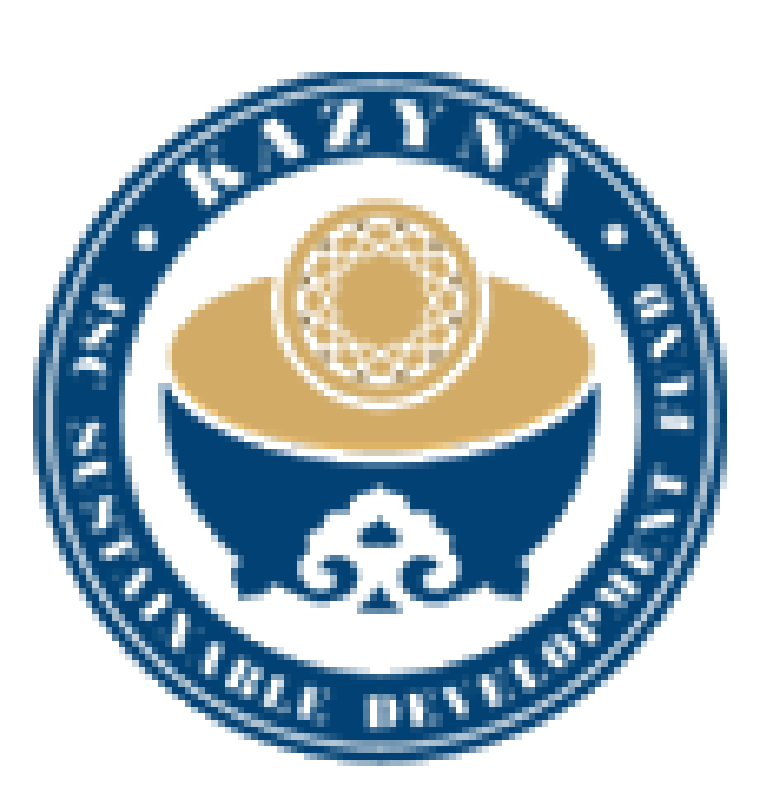Published: July 18, 2008
By Shayla Walmsey and Julian Evans
Gani Uzbekov is a popular man in
No wonder he is popular. The 34-year-old Harvard graduate tells emeafinance: “Usually, to get state money, you need to go through the budget, so there are enormous levels of checking. But the process of getting money from Kazyna is less difficult. So there’s a lot of competition for influence. We’re still establishing the rules of the game. It’s interesting, but also difficult.”
Kazyna was set up in 2006 as a holding company to manage the state’s various development funds, including the Development Bank of Kazakhstan, which gives loans to local companies; the Innovation Fund, which gives venture capital to start-ups; the Kazyna Capital Management fund of funds, which invests in local funds; the Kazakhstan export credit agency, and Kazinvest, which works to attract FDI into Kazakhstan.
So far, the fund has invested in US$7bn of projects, and has US$3.5bn in equity. And it plans to grow fast. “We want to invest US$14bn by 2012”, Uzbekov tells EMEA Finance, on a recent visit to London for the Adam Smith Kazakhstan Growth Forum. “And our equity will be US$4bn by the end of the year.”
The competition among Kazakh companies for Kazyna’s funds is particularly intense right now, because financing from private sector banks is much harder to come by.
The subsidiaries of Kazyna, by contrast, are able to access external debt markets because they have a state guarantee. So to some extent, they have stepped into the financing gap. Uzbekov says: “When we had a very dynamic banking sector, a lot of companies and SMEs took loans, and when that financing disappeared, the economy stopped growing. So Kazyna, and the Development Bank of
Mukat Sagindykov, chairman of the board of the Development Bank of
Kazyna also gets generous allocations from the government. It has already been allocated US$5bn by the government’s oil fund this year. Uzbekov says that he intends eventually to meet 70% of Kazyna’s financing needs by external loans. But he says: “Many investment bankers have been saying we should issue bonds and get a rating. But I don’t think it’s the right time. We have to improve our capacity first. We don’t need the money right now.”
And when the fund does raise financing, it is more likely to raise it from the Middle East, Uzbekov says: “We’re seeing great interest in us from the
Is the fund competing with private banks? Uzbekov says not right now, because the banks don’t have the financial capability to lend long-term financing like Kazyna can. He says: “As a state fund, we can provide long-term money to help open up bottlenecks to economic growth, such as problems with transport or energy infrastructure.”
Private banks, meanwhile, sound perturbed at the rise of Kazyna. Mukhtar Ablyazov, chairman of Bank TuranAlem, which is the biggest bank in central
In fact, some private banks have been relying on Kazyna for emergency funds. Over the last nine months, Kazyna has made US$4bn of funds available for banks to provide loans to key construction projects, in order to stop the construction sector from collapsing. Only US$1bn of that money has been drawn down, however, with some banks complaining that the reporting requirements for the money are too onerous. “We would have to hire 10 people just to meet the requirements, never mind the high interest rate of Kazyna’s loans”, says Alexander Picker, chairman of ATF Bank.
The emergency money Kazyna has provided the banking sector raises the question of the extent to which its investment activities are politically driven. Uzbekov says Kazyna plans to begin investing its money into projects abroad, and some countries, such as the
Uzbekov says: “We want to be fully transparent and with good corporate governance, while at the same time being a very successful sovereign wealth fund. We will be involved to some extent in public policy, but we hope it will be a minimum. The main goal is to manage government money to create social value.”
Creating the new rules of the game for Kazyna at the tender age of 34 is a tough task for Uzbekov, but he is used to tough tasks – his first job in
He says: “It was difficult, because many people in government had worked up the ranks for 30 years. They thought ‘who is this smart-ass with no experience’. It was impossible to be authoritarian, you had to be persuasive and find compromises.”
Uzbekov says he didn’t get where he is because of family contacts – his father died in 1998. But he does credit his good fortune in being picked as one of the lucky participants in the Bolashak programme, which the Kazakh government has been running since 1993, and which sends around 500 top students to study abroad each year.
He won a scholarship at the London School of Economics, and then at
Many Bolashak students have subsequently risen to senior positions in the government and industry. Sir Richard Evans, the chairman of Samruk, which manages most of the state’s biggest assets, says: “My assistant was a young Bolashak student who subsequently left to become deputy justice minister. I advise anyone working in


